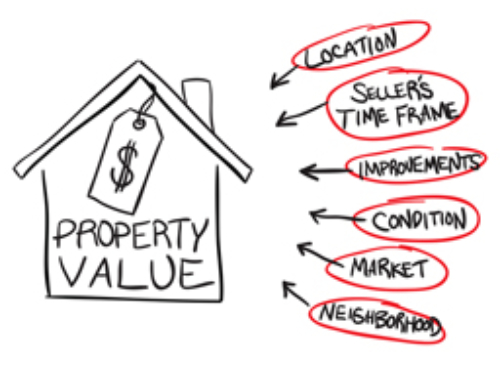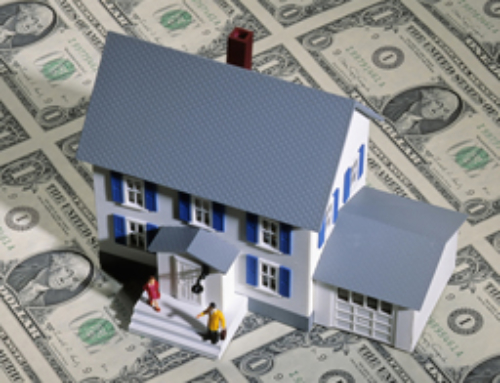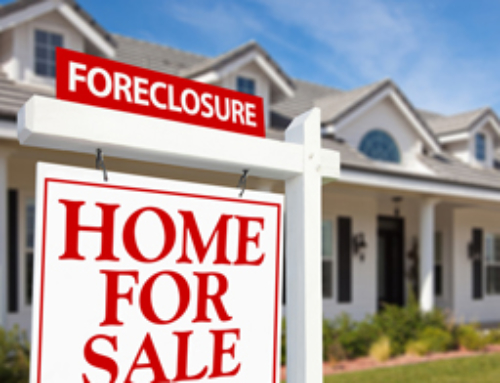 Can I Save My Home From Foreclosure?
Can I Save My Home From Foreclosure?
By Ilyce Glink
I’ve been traveling across the country this month, speaking to hundreds of employees about financial wellness.
The best place to start is with a Department of Housing and Urban Development (HUD) certified housing counselor, who can get your lender on the phone and start the process to figure out whether you’ll qualify for a loan modification. You can call (888) 995-HOPE or you can go online to CredAbility.org to work with one of their HUD-certified housing counselors.
While this isn’t the easiest thing to think about, it’s important – and hopefully, you’ll never have to put this plan into action.
Ilyce Glink is a best-selling author, real estate columnist, and web series host. She is the founder and CEO of Think Glink Media and the managing editor of the Equifax Finance Blog. Follow her on Twitter: @Glink.
READ MORE:
Housing Market Predictions: Where Did the Recovery Go?
Spring Housing Market: 8 Tips For A Successful FSBO
Spring Real Estate Market: Preparing Your House For Sale
Real Estate Investing: How to Be a Good Landlord
Spring 2011 Housing Market Prediction






